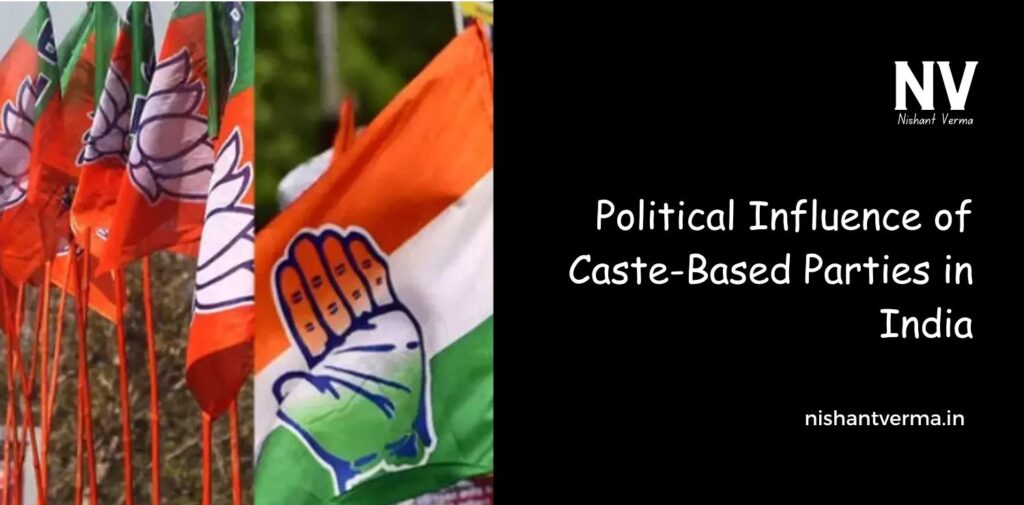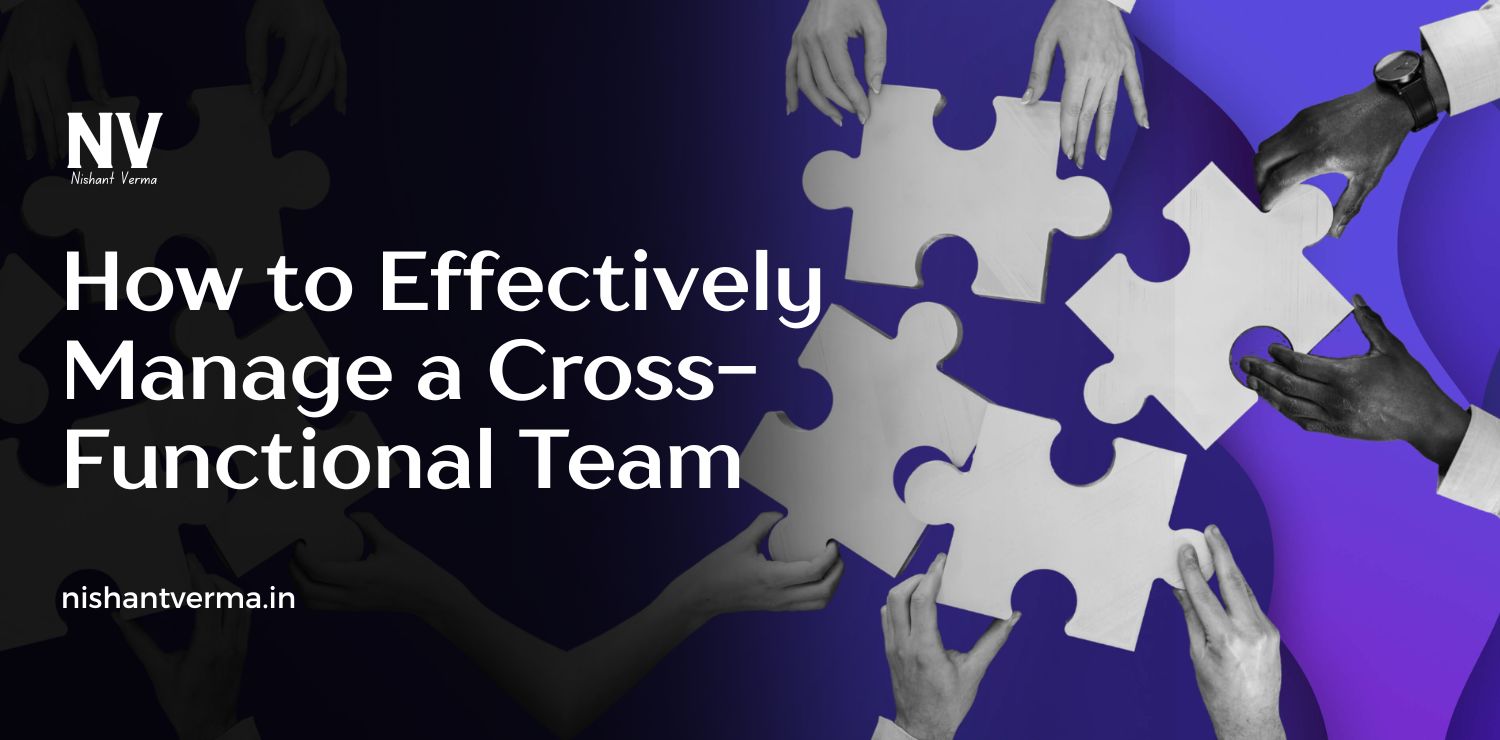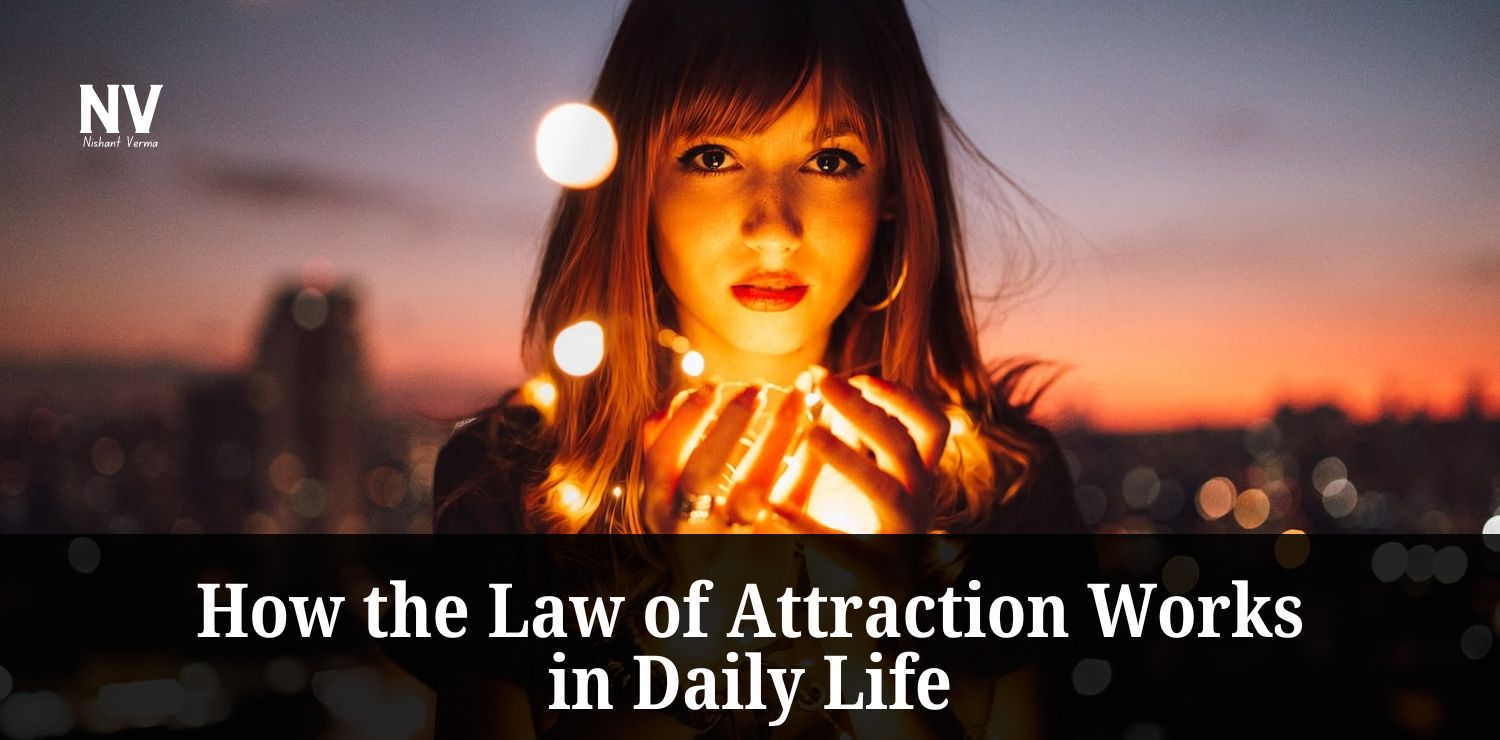India is a land of diversity. We have different religions, languages, cultures, and even castes. Caste is a social system that divides people into different groups based on their birth. These groups have been part of Indian society for centuries. In politics, caste plays a big role, and caste-based political parties have emerged to represent the interests of different communities. This article will help you understand how caste-based parties have influenced politics in India and how they impact our daily lives.
What are Caste-Based Parties?
In India, people belong to different castes, and each caste has its own way of living, traditions, and sometimes even their own way of voting. Caste-based political parties are those parties that focus on representing and protecting the interests of specific castes. These parties aim to give a voice to those who feel that their caste is not getting enough attention from the mainstream political parties.
For example, some parties focus on the interests of the Dalits (previously known as “untouchables”), while others focus on OBCs (Other Backward Classes), or the upper castes. The purpose of these parties is to work for the social and political empowerment of their respective communities.
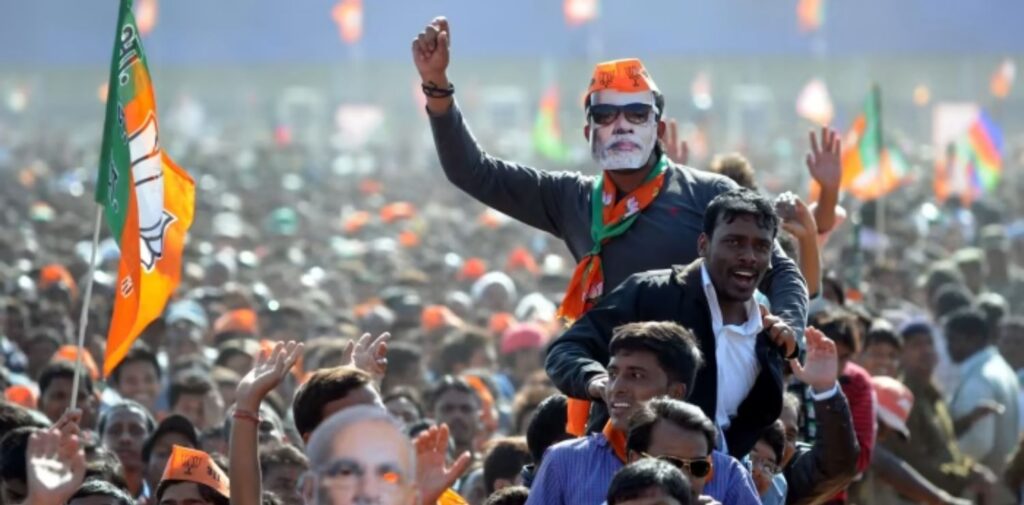
Why Did Caste-Based Parties Emerge?
After India gained independence in 1947, the country’s leaders promised equality for all citizens. However, caste discrimination continued to exist, and many groups felt left behind in the race for development. The government’s efforts to improve the lives of the marginalized castes through reservations (special treatment in education and jobs) were not enough to satisfy everyone. This led to the rise of caste-based political parties.
These parties emerged to ensure that their communities were given the resources, rights, and attention that they deserved. They wanted to create a platform where people from their caste could have a say in government decisions, and also ensure that they received fair treatment in society.
The Role of Caste in Indian Politics
In India, elections are an important way for people to choose their leaders. During elections, political parties often reach out to different caste groups to gain votes. Caste plays an important role in shaping voters’ choices, especially in rural areas where caste identities are stronger.
For example, if a political party knows that a certain caste forms a large part of the population in a particular region, they will choose candidates from that caste to appeal to the people. This is because voters in many parts of India still decide who to vote for based on their caste, rather than the policies or qualities of the candidate.
How Caste-Based Parties Influence Politics
Increased Political Representation
Caste-based parties help people from different castes have a voice in politics. For example, the Bahujan Samaj Party (BSP) was formed to represent the Dalits and other marginalized communities. The party has been successful in getting many Dalit leaders elected to important positions, including the Chief Minister’s post in Uttar Pradesh, one of India’s largest states.
These parties ensure that the needs and issues of their community are heard and addressed by the government. They bring up topics like caste discrimination, lack of education, and unemployment that affect their people, which may be ignored by other parties.

Reservations and Affirmative Action
One of the main reasons caste-based parties became influential is their role in supporting reservation policies. Reservations are a system where a certain percentage of seats in schools, colleges, and government jobs are set aside for people from backward castes like Dalits, OBCs, and Tribals.
Caste-based parties strongly support these reservation policies because they believe that these communities need extra help to compete with others in society. They argue that reservations give people from these castes a fair chance to get an education, find jobs, and live a better life.
However, not everyone agrees with this system. Some people believe that reservations are unfair, especially for those who belong to the upper castes. This disagreement often leads to debates and protests, but caste-based parties continue to fight for the rights of the backward and disadvantaged communities.
Social Empowerment and Awareness
Caste-based parties also play a key role in raising awareness about social issues related to caste. They organize rallies, protests, and awareness campaigns to highlight the struggles of their community. These parties work to end discrimination, fight for social justice, and ensure that no one is treated unfairly because of their caste.
In many states, caste-based parties have organized movements to get better wages for the poor, demand land rights, or push for better healthcare and education. They have also led protests against the mistreatment and violence faced by their communities.
Impact on Electoral Politics
Caste-based parties play a big role in determining the outcome of elections. In many states, these parties have a strong vote bank. If a party has support from a large number of people from a particular caste, it can help them win elections and form a government. This has changed the way politics works in India.
For example, in Uttar Pradesh, the BSP has been a powerful party for decades, with a focus on Dalit rights. Similarly, the Samajwadi Party (SP) has focused on the interests of backward classes and has had significant support in the state. In Bihar, parties like the Rashtriya Janata Dal (RJD) have focused on the rights of the backward castes and have built a strong base of support among these communities.
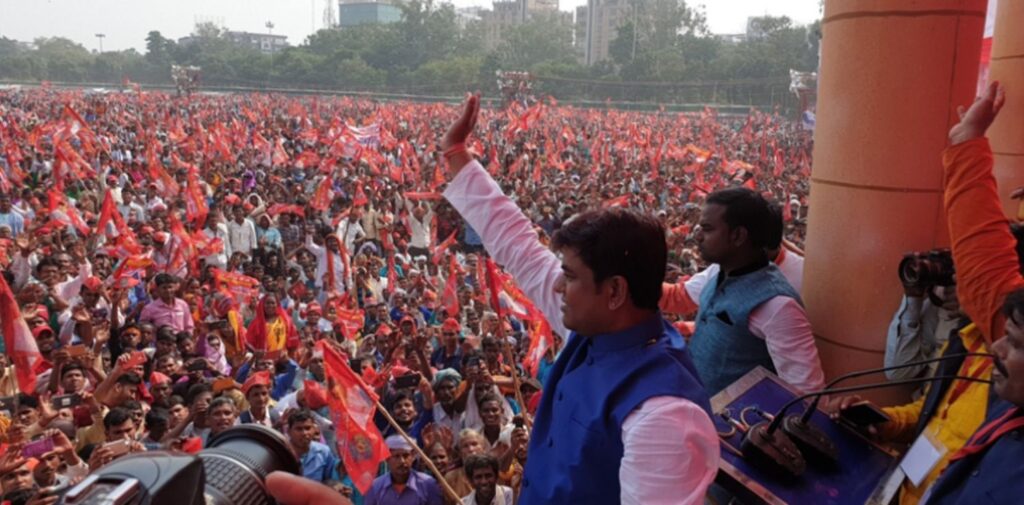
Challenges Faced by Caste-Based Parties
- Division and Polarization: While caste-based parties have brought many people into the political system, they have also led to divisions within society. When a party focuses only on one caste, it can create competition and even hatred between different caste groups. This may lead to violence and tension in some areas, as people start thinking that their caste is better than others.
- Weakening National Unity: India is a country that thrives on unity in diversity. However, caste-based politics sometimes weaken this unity. Caste-based parties tend to focus only on their community’s interests, and this can lead to neglect of national issues that affect everyone. National parties, which should represent all citizens, may also start thinking more about specific castes to win elections, instead of working for the common good.
- Dependence on Vote Banks: Caste-based parties often rely heavily on their “vote banks” – groups of people who always vote for them based on caste. This can lead to a lack of accountability. If a party knows it has the support of a particular community, it may stop focusing on doing real work for the people and instead focus only on keeping their vote bank happy.
- Corruption and Politics of Power: Sometimes, caste-based parties may form alliances with other parties just to stay in power, without caring much about the issues they originally stood for. This can lead to corruption and misuse of power. The focus shifts from serving the people to making deals for personal or party benefit.
Conclusion
Caste-based parties have had a huge impact on Indian politics. They have helped bring the voices of marginalized communities into the political mainstream and ensured that their concerns are heard. These parties have also played an important role in supporting policies like reservations and promoting social justice.
However, caste-based politics also bring challenges like division, inequality, and corruption. In the long run, for India to grow as a united and strong nation, the focus should be on addressing the real needs of the people, no matter what caste they belong to. It is important for the government to create policies that help everyone, while respecting the diversity that makes India special.
Understanding caste-based politics is important for all of us, as it shapes the way our country is governed and how we live together as a society. Only by working together, without letting caste divide us, can we ensure a better future for all Indians.

